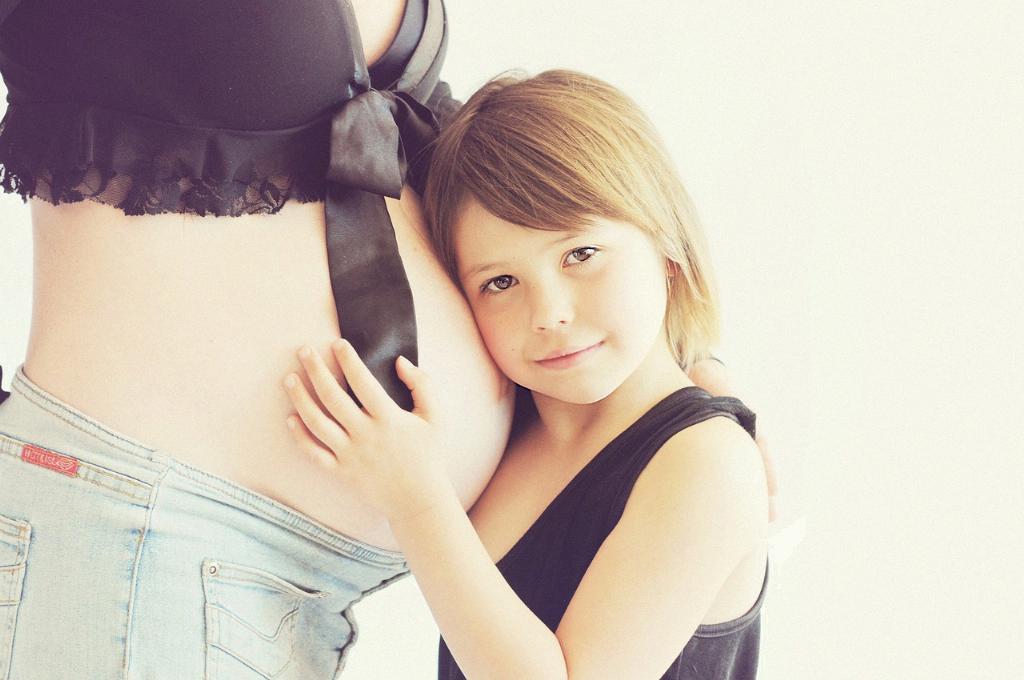During pregnancy, many women may experience various changes in their bodies, and one common issue that some may encounter is the sensation of pins and needles in their arms. This discomfort can be alarming for expecting mothers, but it is essential to understand that it is a normal occurrence in pregnancy.
Understanding the Causes
The pins and needles sensation in the arms during pregnancy is typically caused by the compression or irritation of nerves in the body. As the body goes through hormonal changes and weight gain during pregnancy, the increased pressure on nerves can lead to tingling or numbness in the arms.
Prevalence and Duration
It is important to note that experiencing pins and needles in the arms during pregnancy is a common issue that many women face. This discomfort may come and go throughout the pregnancy, with some women noticing it more frequently during certain times, such as when waking up in the morning.
Other Areas Affected
While pins and needles in the arms are a common complaint, some pregnant women may also experience similar sensations in their fingers, hands, and other parts of the body. These symptoms are typically temporary and are associated with the changes happening in the body during pregnancy.
Consulting with Healthcare Providers
If you are experiencing persistent pins and needles in your arms or other areas during pregnancy, it is advisable to consult with your healthcare provider. They can provide guidance on managing the discomfort and may recommend exercises or adjustments to alleviate the symptoms.
Self-Care Measures
There are self-care measures that pregnant women can take to help alleviate the pins and needles sensation in their arms. Simple techniques such as changing positions, stretching, and avoiding repetitive movements can help reduce the pressure on nerves and alleviate the discomfort.
Importance of Rest
Rest and proper body positioning are crucial during pregnancy to prevent the exacerbation of symptoms like pins and needles in the arms. Ensuring that you have adequate support for your arms and maintaining good posture can help alleviate the discomfort associated with nerve compression.
Postpartum Recovery
For many women, the pins and needles sensation in their arms will improve or resolve shortly after giving birth. However, it is essential to be patient, as it may take a few weeks to months for the nerves to fully recover and for the symptoms to diminish.
Staying Hydrated and Active
Proper hydration and regular physical activity during pregnancy can also contribute to reducing the likelihood of experiencing pins and needles in the arms. Staying hydrated helps maintain healthy nerve function, while gentle exercises can improve circulation and alleviate nerve compression.
Seeking Support
It is essential for pregnant women experiencing persistent or concerning symptoms like pins and needles in their arms to seek support from their healthcare team. Addressing these issues promptly can help ensure a healthier and more comfortable pregnancy journey.
Conclusion
In conclusion, experiencing pins and needles in the arms during pregnancy is a common and temporary issue that many women face. By understanding the underlying causes, practicing self-care measures, and seeking guidance from healthcare providers, women can navigate this discomfort and focus on enjoying a healthy pregnancy.

